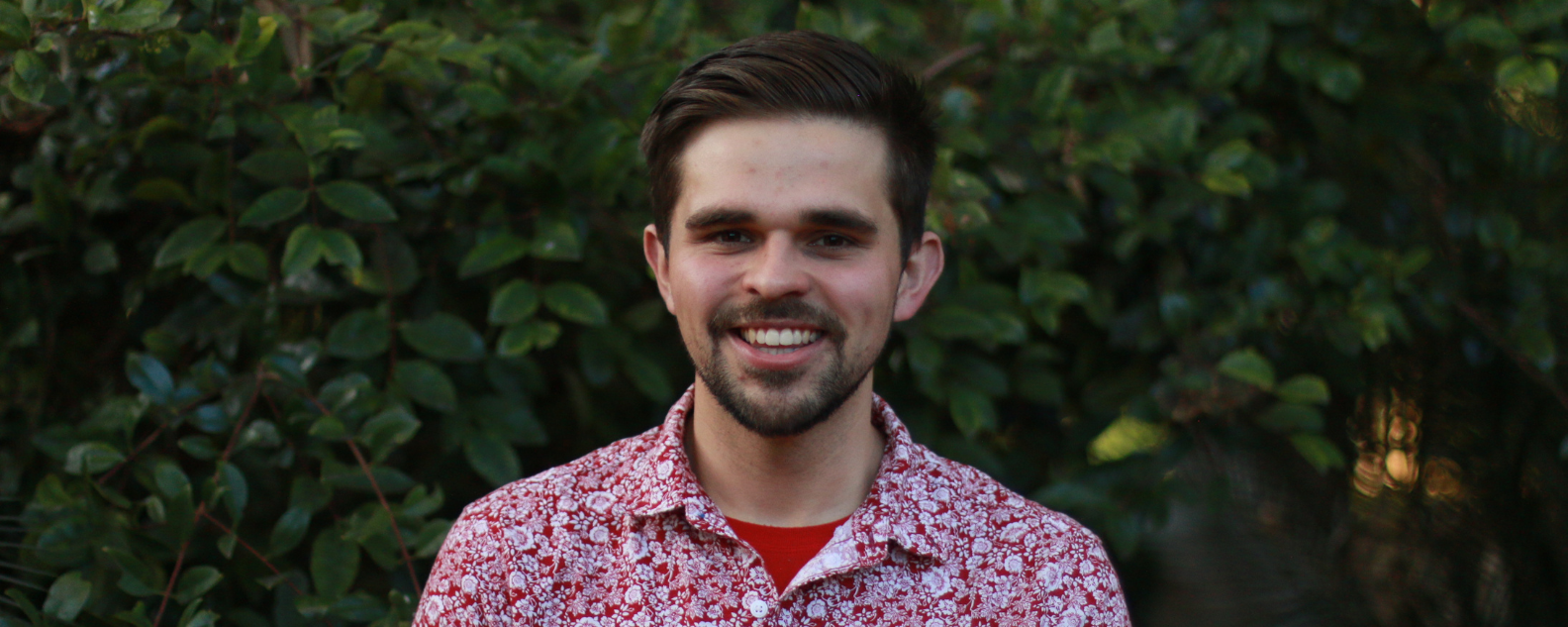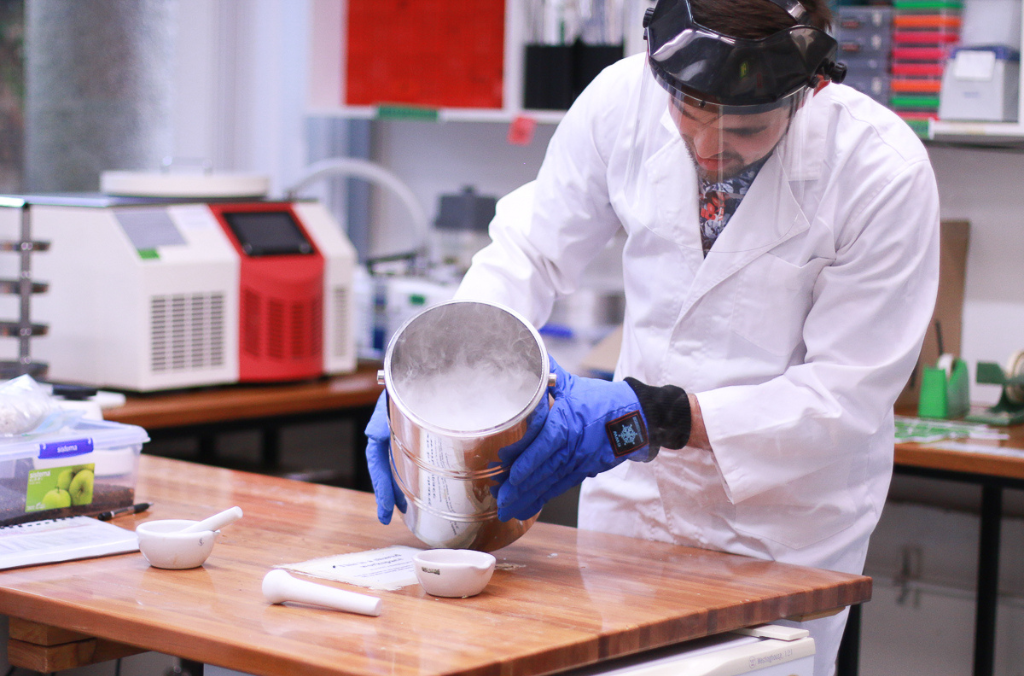
An accomplished PhD candidate and Technical Officer.
Richard Dimon specialises in conservation genetics, population genetics, restoration genetics, and systematics. His passion for unravelling evolutionary patterns and applying research to practical conservation efforts has made him an invaluable member of the team.
One of Richard's key projects is the Science Saving Rainforests project, a collaborative effort with the Big Scrub Rainforest Conservancy and the Royal Botanic Gardens of Sydney. This groundbreaking initiative utilises genomic data to guide restoration practices in subtropical rainforests across Australia.
Richard holds a Bachelor of Science (Honours) from the University of Sydney and is currently pursuing his PhD with the University of Queensland. As part of his PhD, he is developing genomic tools that identify genetic neighbourhoods and help restoration practitioners maximise genetic diversity when sourcing plant material.
His work day involves a combination of fieldwork, processing and drying tissue samples, managing databases and samples, and analysing genomic data. Uncovering new evolutionary patterns and translating the research into practical applications that benefit practitioners and the general public is the most rewarding aspect of his work.
Richard has been fortunate to contribute to the conservation of Australia's rarest plant species. Whether by guiding translocation actions, preserving genetic diversity for future resilience, rewilding plants back into sites, or seeing a thriving collection propagated in the nursery, he finds fulfilment in seeing research implemented in a practical manner.
One of his favourite plants – Caleana major – is also known as the flying duck orchid. He finds it fascinating not only for its remarkable flower resembling a duck in flight, but also its unique mechanism for trapping insect pollinators, its mass flowering events after fire, and the challenges faced in cultivating it.
While Richard’s initial passion for orchids ignited his interest in plants, he feels fortunate to continue exploring the fascinating and diverse botanical world through his career. He hopes for a future where the Gardens is at the forefront of innovative botanical research and expands public spaces for greater conservation initiatives.
